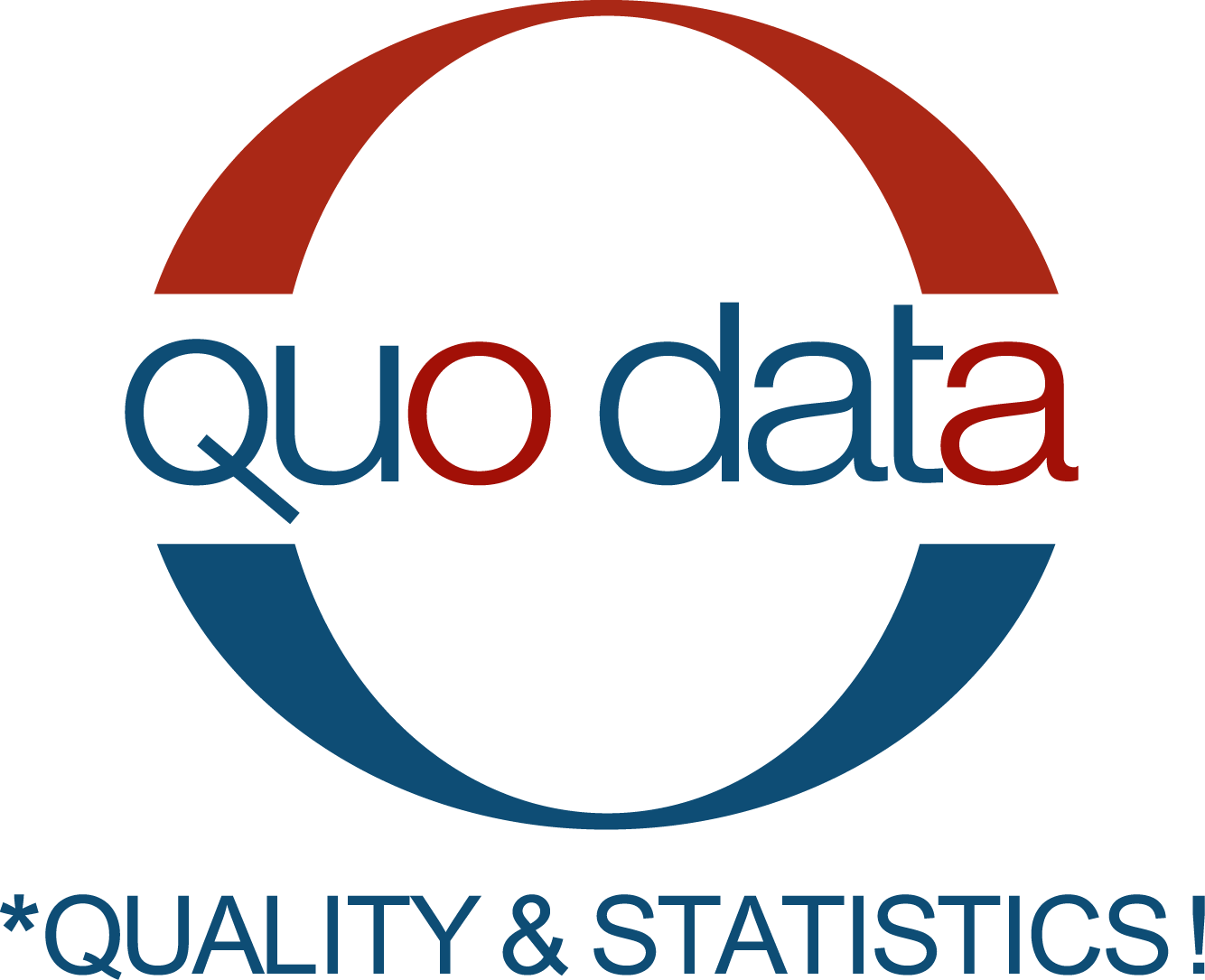20 years of committee work
Developing robust protocols for internal and external analytical quality assurance
QuoData is active in ISO (International Organization for Standardization) and further standardization bodies such as DIN (Deutsches Institut für Normung) since more than 20 years.
The scientists of QuoData actively contribute to committee work to advance international guidelines for quality assurance with a focus on statistics in ISO standards.
You can benefit from QuoData and its ISO statistics experts:
- get in-depth guidance how to apply relevant protocols for method development, measurement uncertainty, validation and interlaboratory testing
- be aware of future developments to stay compliant with ISO standards statistics
- apply unique approaches that go beyond the requirements of standard statistical protocols to stand out
The QuoData team was / is involved in the development of the following standards and guidelines:

ISO 5725 – Accuracy (trueness and precision) of measurement methods and results

ISO 13528 – Statistical methods for use in proficiency testing by interlaboratory comparison

ISO 16140 – Microbiology of the food chain — Method validation

ISO/TS 23471 – Experimental designs for evaluation of uncertainty — Use of factorial designs for determining uncertainty functions

ISO/TS 27878 – Reproducibility of the level of detection (LOD) of binary methods in collaborative and in-house validation studies

Commission Implementing Regulation (EU) 2021/808 of 22 March 2021 on the performance of analytical methods for residues of pharmacologically active substances used in food-producing animals and on the interpretation of results as well as on the methods to be used for sampling and repealing Decisions 2002/657/EC and 98/179/EC (Text with EEA relevance)

ISO 19040 – Water quality — Determination of the estrogenic potential of water and waste water

and many more
These contributions evolved from committee work in several national and international working groups such as ISO Technical Committees, CEN Technical Committees, Codex Alimentarius and DIN standardization committees.
